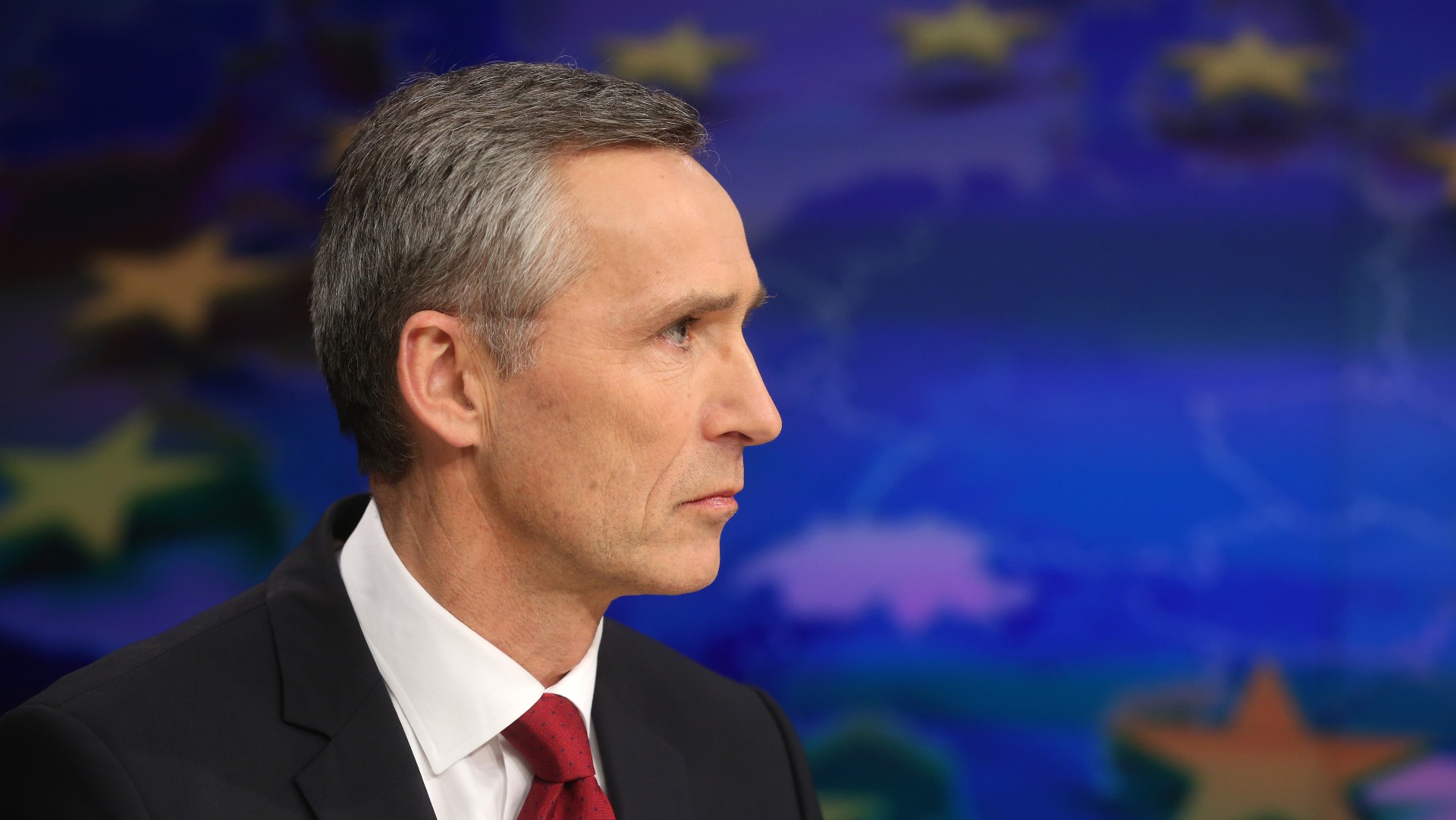What is Nato’s Article 5?
Article 5 of the North Atlantic Treaty has only been used once in Nato’s history

A free daily email with the biggest news stories of the day – and the best features from TheWeek.com
You are now subscribed
Your newsletter sign-up was successful
The missile strike on the Polish village of Przewodów that killed two people on Tuesday evening has drawn new attention to Article 5 of the North Atlantic Treaty – the founding treaty of the Nato alliance.
While Western intelligence services have said that the missile was probably fired by Ukrainian forces, the incident briefly raised concerns that Nato could be pulled into the war in defence of Poland, a member state. An investigation is underway.
What is Article 5?
Last night, when it was still unclear who was responsible for the attack, that looked like a potential outcome. “If it is determined that Moscow was to blame for the blast, it could trigger Nato’s principle of collective defence known as Article 5,” said Reuters. Under Article 5, says the Nato website, “an attack against one ally is considered as an attack against all allies”.
The Week
Escape your echo chamber. Get the facts behind the news, plus analysis from multiple perspectives.

Sign up for The Week's Free Newsletters
From our morning news briefing to a weekly Good News Newsletter, get the best of The Week delivered directly to your inbox.
From our morning news briefing to a weekly Good News Newsletter, get the best of The Week delivered directly to your inbox.
A military response would not be automatic. Article 5 allows member states “to call for support from the other members of the alliance”, said Kenton White, a lecturer in strategic studies and international relations at the University of Reading, in an article for the Conversation.
However, it states that military action is “an option which can be included” as part of the principle of collective action and “does not guarantee that all the other Nato states would send armed forces to repel an attack”.
Has it ever been invoked previously?
Article 5 was “developed to create a mutual protective pact in order to counter risks posed by the Soviet Union, particularly in Eastern Europe, following World War II and the emergence of the Cold War”, said Al Jazeera. The Article has been triggered only once before, following the September 11 2001 attacks on the US by al-Qaeda. Nato forces were deployed to Afghanistan as part of a military response to those terrorist attacks.
What other options are there for Nato?
“A more likely – but not certain – outcome” would have been that Poland invoked Article 4 of the Nato treaty, said Miriam Berger and Sammy Westfall in The Washington Post. Article 4 “allows members to bring any issue of concern, especially related to security,” before the council, and is typically seen as a “chance to come together to discuss the next steps”.
A free daily email with the biggest news stories of the day – and the best features from TheWeek.com
According to Nato’s website, Article 4 allows the alliance to play “an active role in preventive diplomacy” and is therefore a means “to help avoid military conflict”.
Article 4 has been invoked seven times since Nato was formed in 1949. Most recently, Eastern European and Baltic nations including Latvia, Lithuania, Poland, Bulgaria and the Czech Republic triggered it to discuss Russia’s invasion of Ukraine earlier this year.

What happens when Article 5 is invoked?
Even if Article 5 is issued, there is no legal obligation for nations to send military support, although it would become increasingly likely. As Katherine Yon Ebright explained in an article for the Brennan Center for Justice, the article “does not require any member to respond with military force, although it permits such responses as a matter of international law".
Even if Ukraine is confirmed as the source of the missiles, Yon Ebright said “the attack will focus even greater attention on the war” and heighten “concerns about the danger of the conflict developing beyond Ukraine’s borders”.